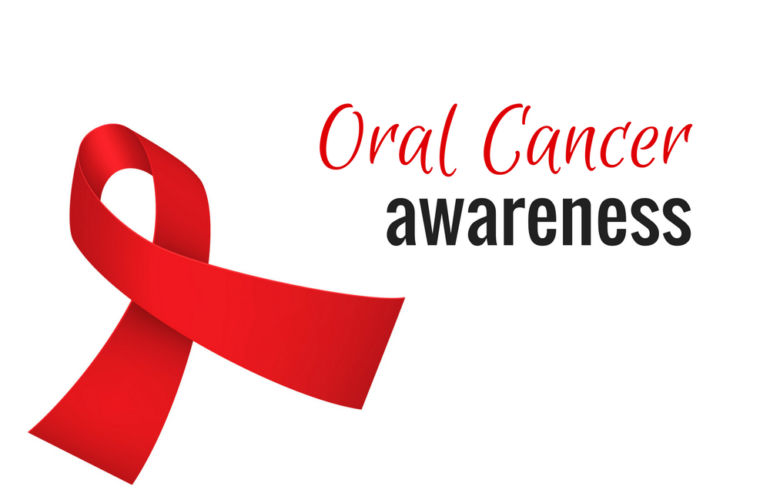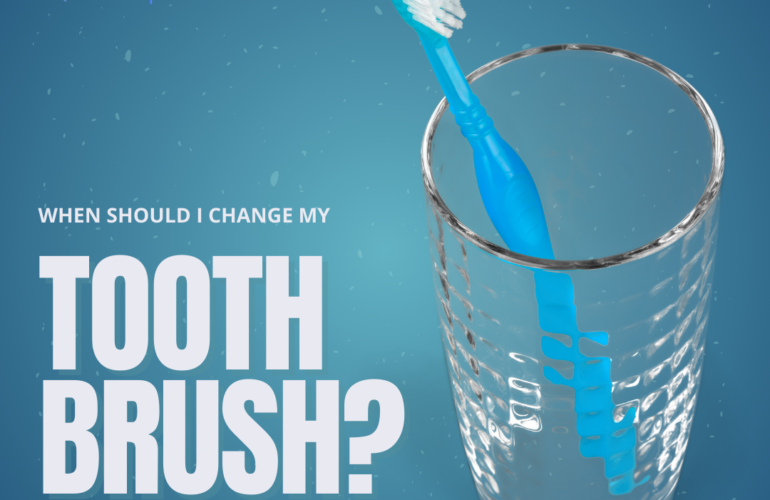As defined by the American Dental Association, oral health encompasses the condition of your teeth, gums, and mouth, signifying their freedom from diseases and related ailments. A healthy mouth allows you to speak, smile, drink, and do other things with ease. It entails balancing the health of your oral tissues with the overall health of your body. Now let’s look at different age groups and their dental hygiene needs.
Infant(Birth to 1 Month)
The word infant means the who cannot speak. It is also known as babyhood. Between ages 5 months to 1 year, babies typically develop their milk teeth. These little teeth need protection just like permanent ones. Here are three essential tips for infant oral
- Gentle Cleaning: After feedings, gently clean your baby’s gums with a soft, damp cloth or gauze.
- Limit Nighttime Bottle Feeds: Avoid letting your baby fall asleep with a bottle in their mouth to prevent tooth decay.
- First Dental Visit: Schedule your baby’s first dental visit around their first birthday to monitor oral development.
Neglecting infant gum health can lead to discomfort and future dental issues.
Children (1-12 Years Old)
As your child grows, their oral care routine becomes more critical. Children’s oral health is vital for their overall well-being. Follow these three tips to ensure a healthy smile:
- Regular Brushing and Flossing: Encourage your child to brush twice a day and floss once daily to prevent cavities and plaque buildup.
- Balanced Diet: Limit sugary snacks and drinks, promoting a diet rich in fruits, vegetables, and calcium-rich foods.
- Dental Checkups: Schedule dental checkups every six months to catch and address any potential issues early.
Ignoring gum health during childhood can lead to long-term dental problems.
Adolescents (13-17 Years)
Teenagers often have busy lives, but prioritizing oral health remains crucial. Here’s how adolescents can maintain healthy mouths:
- Consistent Oral Care: Continue regular brushing, flossing, and dental visits to promote gum health and cavity prevention.
- Orthodontic Care: If undergoing orthodontic treatment, follow your orthodontist’s instructions carefully.
- Avoid Tobacco and Sugary Snacks: Discourage smoking and excessive sugar intake to preserve oral health.
Neglecting gum health during teenage years can lead to self-esteem issues and discomfort.
Adults (18 Years or Older)
Maintaining oral health is a lifelong commitment. Adults face various challenges, but these three tips can help:
- Regular Dental Visits: Schedule biannual dental appointments for cleanings and early detection of issues.
- Effective Brushing and Flossing: Brush for at least two minutes twice a day and floss daily to prevent gum disease.
- Healthy Lifestyle Choices: Quit smoking, limit alcohol consumption, and manage stress for better oral health.
Older Adults (65 and Older)
For older persons, who are dealing with more difficult issues, oral care is especially important. Here are some tips for maintaining good oral health as you age:
- Address Dry Mouth: Stay hydrated, chew sugar-free gum, and use moisturizing mouthwash to combat dry mouth.
- Maintain Dentures Properly: If you wear dentures, clean and soak them daily to prevent infections and discomfort.
- Regular Oral Cancer Screening: Schedule regular oral cancer screenings with your dentist to detect any potential issues early.
Ignoring gum health during old age can lead to discomfort, infections, and more severe health complications.
Final Thoughts
Every age group, from early childhood to older life, requires a particular type of care. By Prioritizing and sticking to these instructions and practicing basic dental hygiene, you can ensure the healthy future of your oral health.




